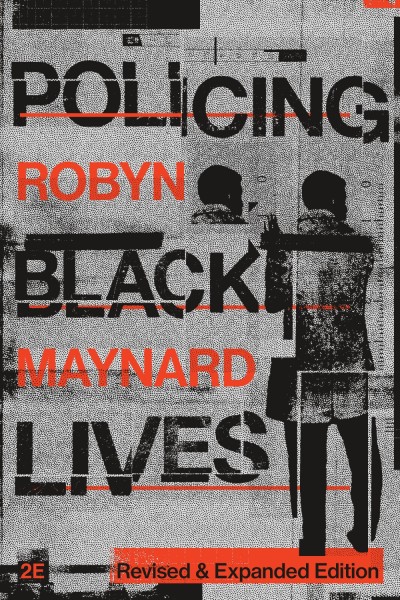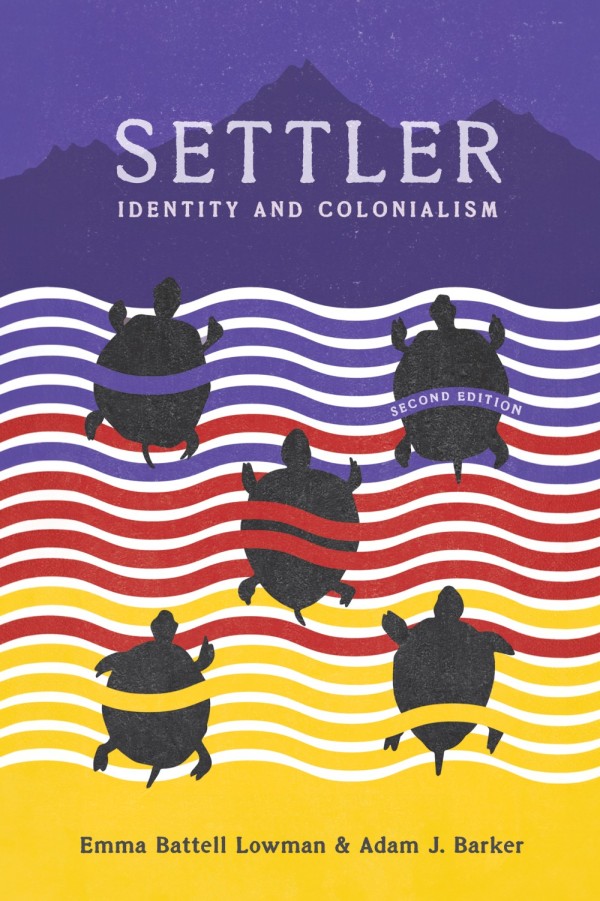
Settler, 2nd Edition
Identity and Colonialism
Canada has never had an “Indian problem”— but it does have a Settler problem. What does it mean to be Settler, and why does it matter?
About the book
A decade ago, the first edition of this defining book explained what it meant to be Settler — acknowledging that Canada has been forged through ongoing violence, displacement, and assimilation of Indigenous communities and Nations — and argued that accepting this identity is an important first step towards changing relationships with Indigenous Peoples.
The national conversation about settler colonialism has advanced significantly since that time, thanks to Indigenous struggles that have resulted in high-profile official apologies and inquiries into the devastating inequity between Indigenous and Settler lives in Canada. However, this progress is not enough — many of the same problems persist due to the underlying inequities at the core of Canadian identity, politics, and society.
In this revised second edition, Battell Lowman and Barker reflect on the term’s changing, more nuanced, and continued importance. Touching on the rise of right-wing nationalism, the power and limitations of social media, and ten years of federal Liberal government, this new edition of Settler considers the successes and failures of Settler Canadians in supporting decolonization and charting our next steps towards transformative change.
Canadian Studies Indigenous Resistance & Decolonization Sociology
What people are saying
Karl Hele, Mount Allison University“An excellent exploration of Canadian Settler constructs and ways to decolonize … aimed at redefining relationships to lands and peoples.”
Shauneen Pete, Royal Roads University“While my own thinking and practice as an educator was greatly transformed by the first edition, this one takes it to a new level. The new edition is current and deeply grounded in the theoretical, and social movement changes that have occurred since the original version was published. The authors expose how settler colonialism permeates the political landscape today and demonstrate in depth that settler colonialism is far from over, morphing as Indigenous peoples confront it. This updated version will continue to serve as a central resource in my teaching and leadership work.”
Paulette Regan, author of Unsettling the Settler Within: Indian Residential Schools, Truth Telling, and Reconciliation in Canada“A thought-provoking critical analysis of how settler identity and colonialism manifests across the political spectrum in contemporary Canada. Informed by the works of Indigenous scholars and activists, the authors argue that relationships to land are foundational to both Indigenous and Settler identities. Packed with fresh conceptual insights, personal experiences, political strategies, and practical tools for Settler Canadians engaged in the decolonization process. A must-read that will unsettle you, inspire you, and generate much-needed critical hope for working collaboratively with Indigenous Peoples to build a decolonial society based on truth, justice, and accountability.”
David MacDonald, author of The Sleeping Giant Awakens: Genocide, Indian Residential Schools, and the Challenge of Conciliation“A much-needed update to a classic, groundbreaking text, including important distinctions around region and racialization.”
Jeffrey S. Denis, author of Canada at a Crossroads: Boundaries, Bridges, and Laissez-Faire Racism in Indigenous-Settler Relations“Settler offers a concise, critical analysis of Canada’s settler-colonial present and its devastating impacts on Indigenous Peoples. Drawing on current examples and amplifying Indigenous scholars’ voices, Battell Lowman and Barker highlight the complexities of Settler identities and the responsibilities of all Settlers to move beyond symbolic gestures or modest reforms. Instead, they begin to chart an unsettling yet hopeful path toward radical decolonial change and the creation of equitable, sustainable relationships with Indigenous Peoples and the lands we call home.”
Contents
- Preface to the Second Edition
- Why Say Settler?
- Canada and Settler Colonialism
- It’s Always All about the Land
- “Settling” Our Differences
- Fear, Complicity, and Productive Discomfort
- Decolonization and Dangerous Freedom
- References


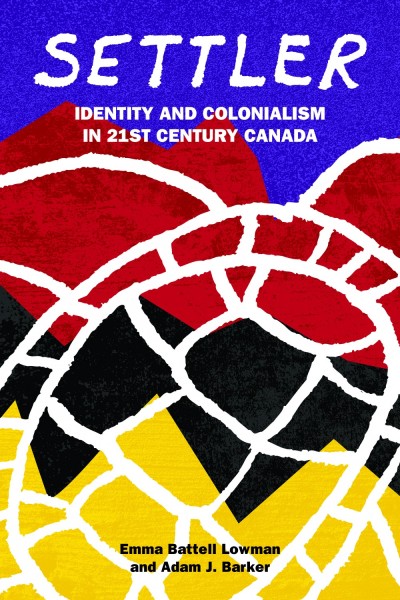
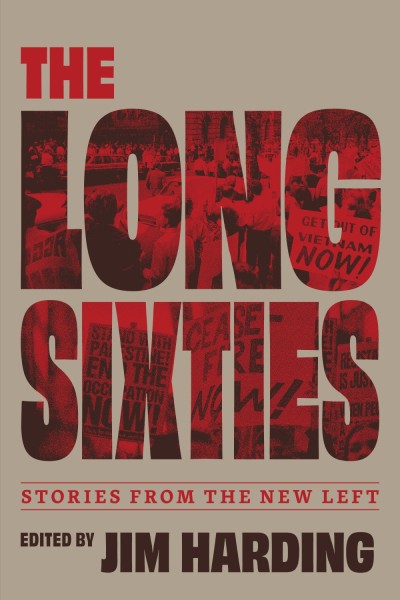
_cover-FINAL_400_600_90_s.jpg)
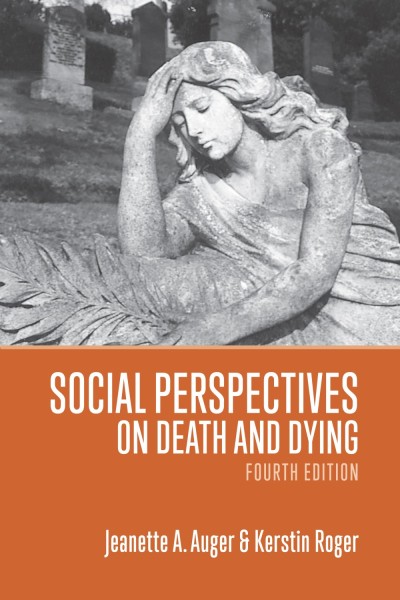
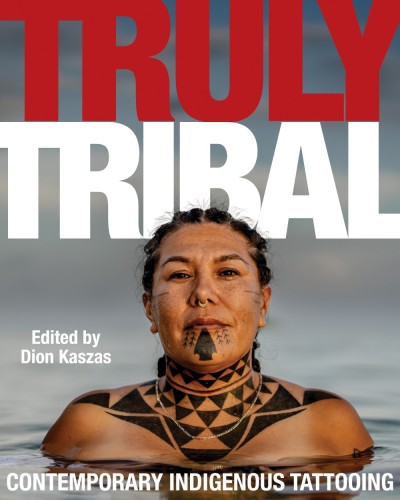
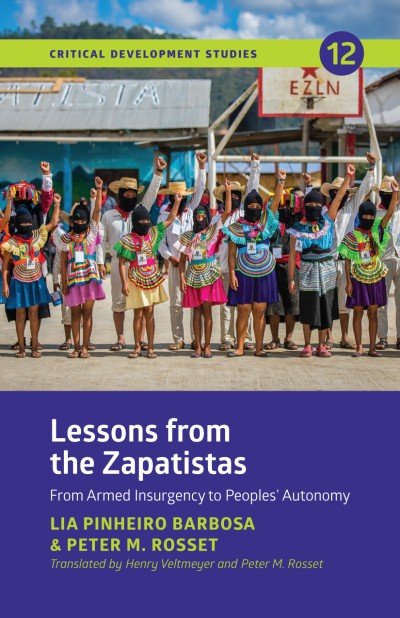
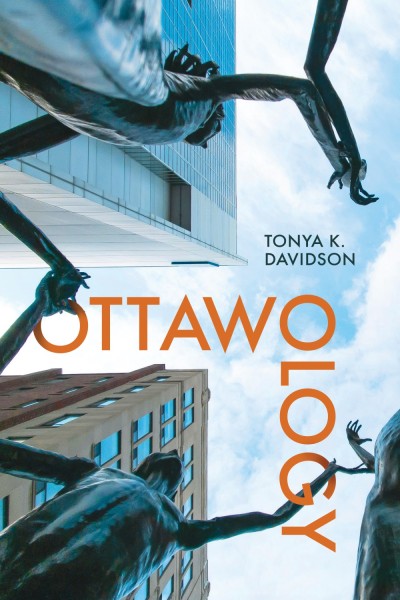
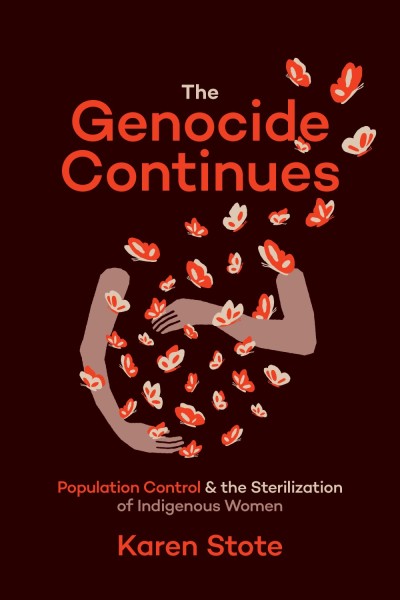
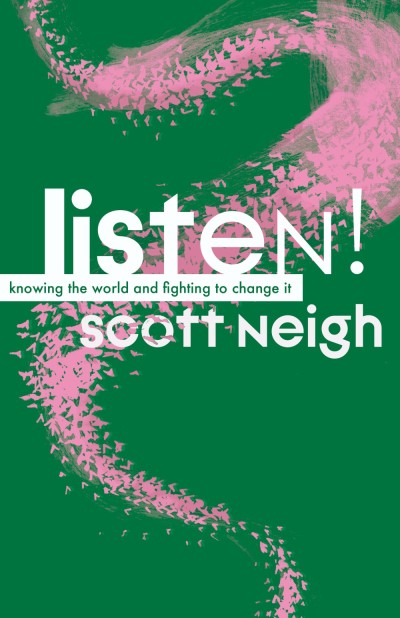
_cover-FINAL_400_600_90_s.jpg)
_cover-FINAL_400_600_90_s.jpg)
